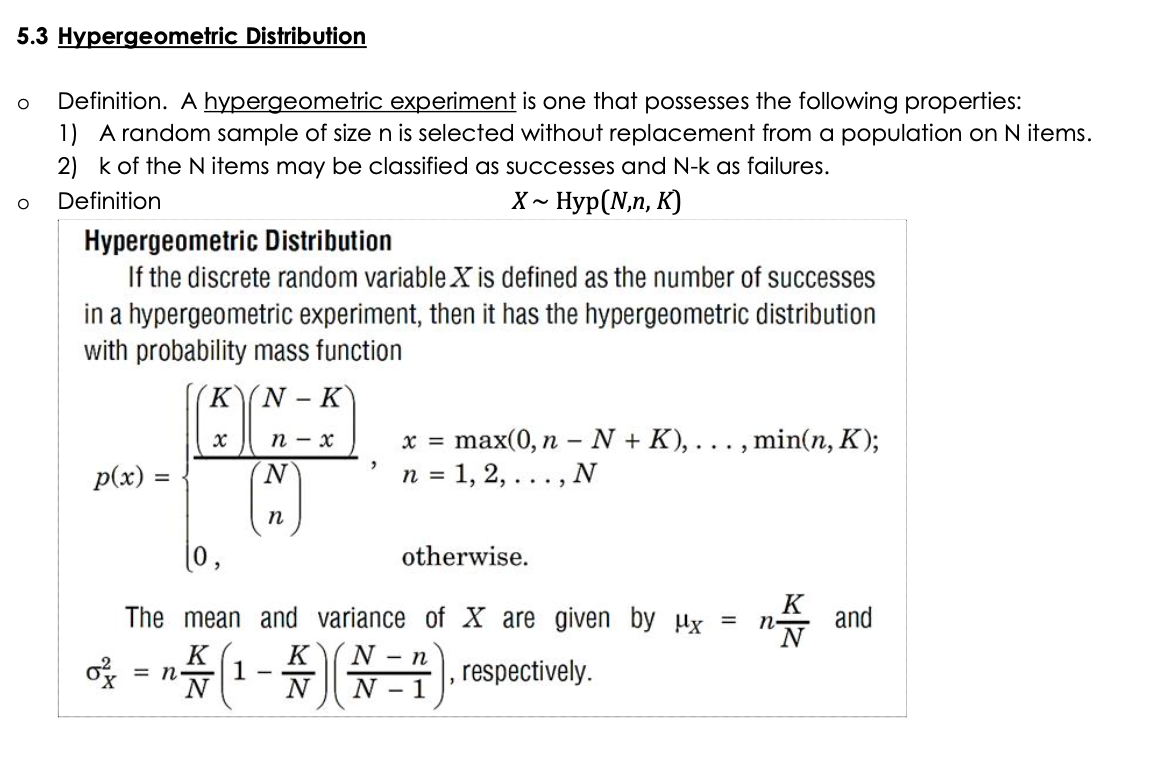a. If the lot contains one defective LCD, what is the probability that you will accept the lot? b. If the lot contains 3 defective LCDS, What is the probability that you will accept the lot? c. If the lot contains 3 defective LCDS, what is the expected number of defectives in the sample?
a. If the lot contains one defective LCD, what is the probability that you will accept the lot? b. If the lot contains 3 defective LCDS, What is the probability that you will accept the lot? c. If the lot contains 3 defective LCDS, what is the expected number of defectives in the sample?
Algebra & Trigonometry with Analytic Geometry
13th Edition
ISBN:9781133382119
Author:Swokowski
Publisher:Swokowski
Chapter10: Sequences, Series, And Probability
Section10.8: Probability
Problem 32E
Related questions
Question

Transcribed Image Text:2. Suppose you are purchasing small lots of LCDS for computer terminals. Since it is very costly to test an LCD,
it may be desirable to test a sample of LCDS from the lot rather than every LCD in the lot. Suppose that
each lot contains 7 LCDS. You decide to sample 3 LCDS per lot and to reject the lot if you observe one or
more defectives in the sample.
a. If the lot contains one defective LCD, what is the probability that you will accept the lot?
b. If the lot contains 3 defective LCDS, What is the probability that you will accept the lot?
c. If the lot contains 3 defective LCDS, what is the expected number of defectives in the sample?

Transcribed Image Text:5.3 Hypergeometric Distribution
Definition. A hypergeometric experiment is one that possesses the following properties:
1) A random sample of sizen is selected without replacement from a population on N items.
2) k of the N items may be classified as successes and N-k as failures.
Definition
X~ Нур(N,n, К)
Hypergeometric Distribution
If the discrete random variable X is defined as the number of successes
in a hypergeometric experiment, then it has the hypergeometric distribution
with probability mass function
KN
- K
n - x
x =
max(0, n - N + K),
, min(n, K);
...
p(x) =
N.
n = 1, 2, ..., N
п
(0,
otherwise.
The mean and variance of X are given by ux =
K
n-
and
K
= n
N
|1-4N-n
N - 1
K
, respectively.
N
Expert Solution
This question has been solved!
Explore an expertly crafted, step-by-step solution for a thorough understanding of key concepts.
This is a popular solution!
Trending now
This is a popular solution!
Step by step
Solved in 4 steps with 3 images

Recommended textbooks for you

Algebra & Trigonometry with Analytic Geometry
Algebra
ISBN:
9781133382119
Author:
Swokowski
Publisher:
Cengage

Algebra & Trigonometry with Analytic Geometry
Algebra
ISBN:
9781133382119
Author:
Swokowski
Publisher:
Cengage